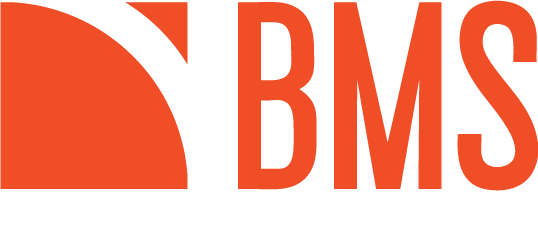When assessing candidates, we believe we are making objective evaluations throughout the entire selection process, including during the interview process.
That is rarely the case.
Our decisions are easily influenced by subjective biases that can prevent us from identifying the truly qualified candidates that would suit the position in question the best.

Interviews can be predictably unpredictable in identifying the most suitable candidate
The interview process is commonly the most important step for gathering information when deciding on the right candidate. Meeting the person face to face, seeing how well they interact with various team members or executives will provide information on liking or disliking. But is it more than a Tinder-like swipe? If done incorrectly, it will only be just that.

Interviewers always allow their decisions to be clouded by subjective, emotional responses to candidates, considering their looks and demeanour over their skills and abilities. How closely a candidate resembles what an interviewer thinks the perfect choice should look like is hardly a good gauge, but it should not be surprising that this can often be a determining factor that is not realised or admitted to.
These biases have been identified by the likes of Paul Meehl, Daniel Kahneman, and others – and have proven to be scientifically valid and reliable. In interacting with people we fly on autopilot, with limited analytical effort. In response, some interviewers rely on behaviourally anchored questionnaires to overcome these biases, even though they too have proven too cumbersome in administration and practice. Asking a candidate to describe how they would react or respond to hypothetical situations, allowing the assessor to evaluate through a flowchart/rating system will not provide a true assessment of the candidate’s abilities.
How to conduct a more beneficial interview?
The interviewer should prepare a simple evaluation sheet using a three or five-point scale to rank the candidate’s factual professional experiences in relation to the job.
Therefore prepare a breakdown of the job description in its’ key components and direct your interview questions along these lines.
- What has s/he actually done in past jobs that is relevant to the new job?
- Add frequency and recency: how often, when ?
- Expand to organizational and business context, and
- How did s/he do it (process description)?

Using the total score from this evaluation should give the interviewer a better grasp of the candidate’s ability and suitability.
Having more than one interviewer assess in this manner will add exponentially to a better measurement of relevant capabilities.
BMS Recruitment can help you through the interview process
Once you hire a candidate, you are at a disadvantage until the new hire proves that s/he is up to the task. This is not a decision that should be prejudiced by subjective hunch feelings or inadequate skills assessments. While it is easy to say that you should interview with as much objectivity as possible with close to military discipline, sometimes you need help.
BMS Recruitment has a team with years of expertise in empirically assessing candidates for a range of positions across many industries. Let us help you determine which candidates will make the perfect hire for your organisation beyond scouring through a pile of CVs. Contact us today!





